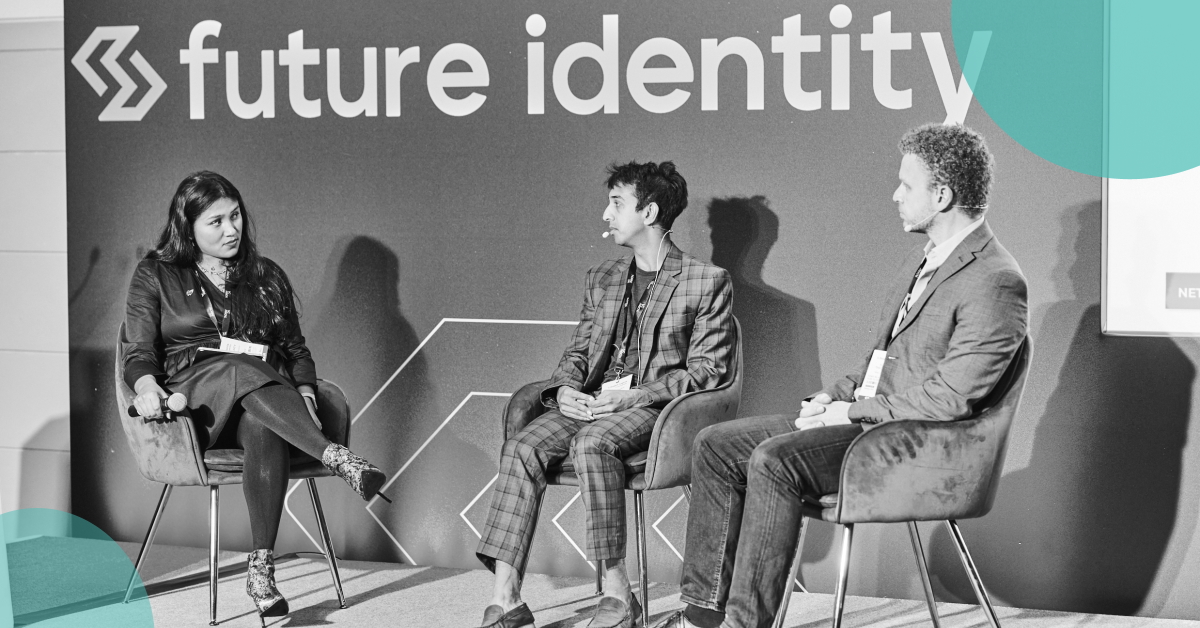When it comes to digital identity, we talk a lot about cybersecurity, online avatars, and cryptographic credentials… It can sometimes be easy to overlook something crucial, that fundamentally a digital identity is attached to a human being.
At the Future Identity and Fintech Talents festival, sessions explored in depth how to make the digital world a more trustworthy and secure place. As such, much of the focus was on those human individuals who are actively participating in the digital world.
But as Yiannis Theodorou, Head of Digital ID at Tony Blair Institute for Global Change pointed out, “just over 3 billion people have a physical form of ID that cannot be used in the online or digital space. That’s almost half the population.”
Yiannis was joined by Sahil Shah, a fellow at the Atlantic Council, for a panel discussion on what can be done to reduce this number and bring those excluded into the digital sphere. They identified a multitude of factors which may prevent individuals gaining a digital identity, including cost, remote location, literacy level, age and complex cultural dynamics leading to the exclusion of certain groups.
The discussion also covered some of the reasons individuals may be unwilling to obtain a citizen digital identity, for example fear around how their personal data may be exploited by a government or other actor.
Sahil explained, “trust in government is in many countries very low, especially in central government. It’s a fine line between wanted to enforce citizen digital identity because of the benefits you know it could bring, and being seen to be pushing it upon people leading to resistance and push back.”
Watch the full panel, ‘Trust, transparency and digital identity for all citizens,’ moderated by Nina Mohanty, Bloom Money, below.
For more on the future of digital identity, join the Future Identity community today.

